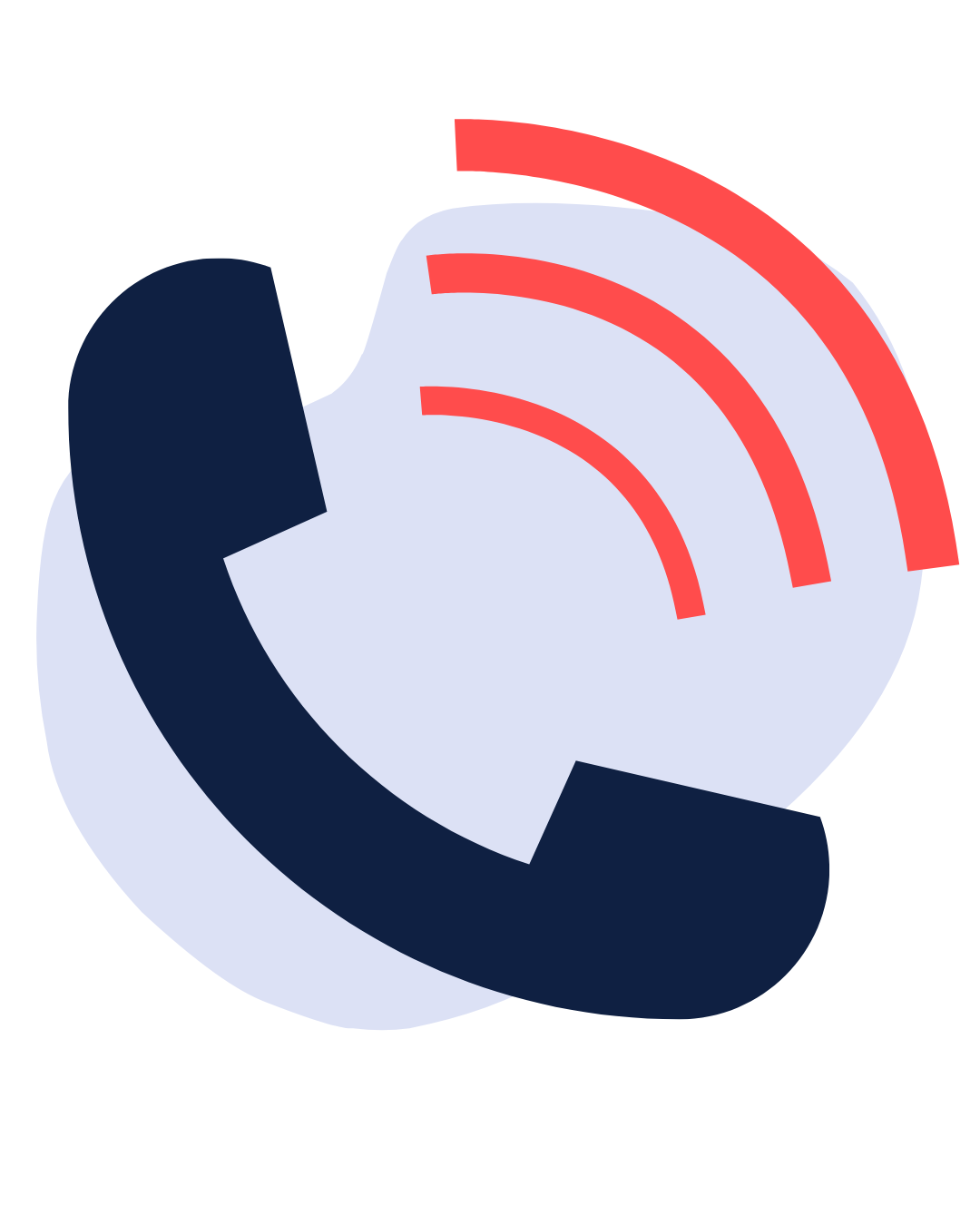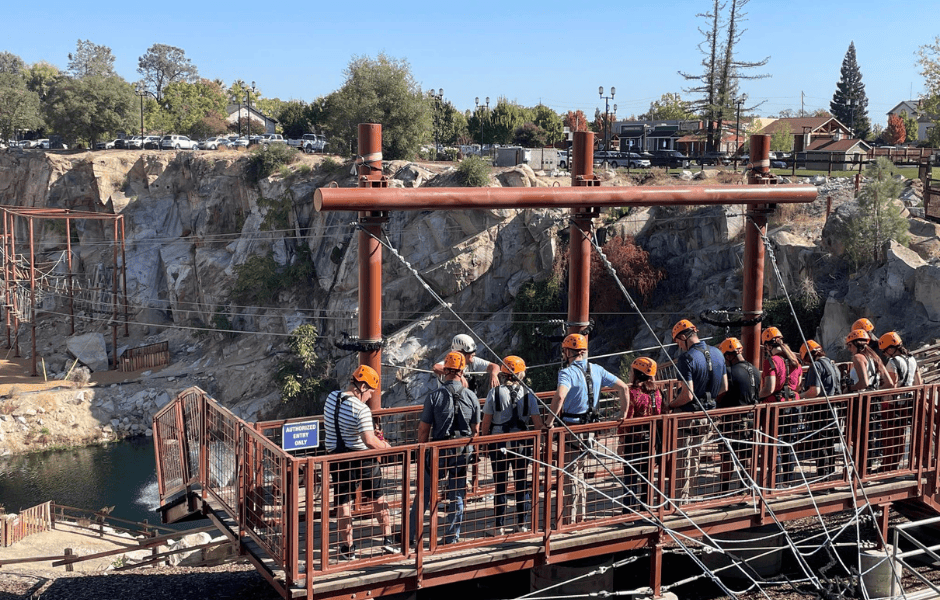How do you ask for feedback that gives you information you can actually use and act on, instead of just “it was nice”? While it’s tempting to ask loads of questions, we believe customer feedback surveys should be quick and simple to complete, and having a long list of questions will deter people from even starting to provide feedback.
So, what’s our approach to getting the most useful feedback? Here are our top 5 questions:
→ How likely are you to recommend us to friends and colleagues?
This is the classic Net Promoter Score question, and for businesses that provide a service and rely on word of mouth for acquiring new customers, it’s a question that gets to the heart of it — are you delighting your customers enough that they’re recommending you to their family and friends?
→ Is there anything specific we can do to improve your experience?
Even if customers rate you highly, they may still have thoughts on how you could do better. This question teases that critique out of them. We phrase the question carefully, as you’re looking for ideas of improvements you can act on, not emotional reasons of what went wrong.
→ We’re considering [feature or service X], would you be interested in using it?
Use customer validation to support business decisions or new ideas. When we speak to customers and chat about internal projects that have failed, very often it’s because they didn’t get sufficient input from their customers or ask if it’s something that they even wanted.
If you’re looking to remove something or change what you’re doing, you could rephrase the question: “How valuable was the [feature or service] you used?”
→ How easy was it to book with us?
Given only a fraction of enquiries turn to customers, we want to find out how people felt about the process. This question can provide insights that help you improve your processes and convert more people. Obviously, it’s better to learn from the enquiries that didn’t convert but asking your customers is the next best option.
You can reword the question to match your customer acquisition process, such as: “How easy was it to arrange a consultation with us?”
→ When you were choosing to use our services, how did you hear about us?
In case you haven’t already asked at intake, this is your last opportunity to gather structured information to validate your marketing efforts. Ensure you provide multiple choices as more often than not they’ve seen your brand several times before deciding to do business with you, and each of those have been valuable in influencing the customer.
We know word of mouth is an incredibly common driver of customer acquisition, so try and drill deeper to learn where your super referrers are. We met a customer who would literally ask for the name of the person or business who referred, which enabled them to build a quick picture of who was referring people to their business. With that information, they were able to thank the referrers, or give them gifts depending on the value they brought the business.







.png)



.png)










